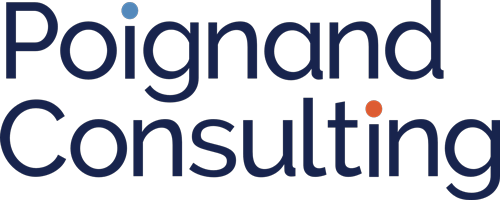
Blogs are an incredible communication tool in your marketing arsenal and are still highly relevant; here's why.
Positioning your brand as a subject matter expert
Blogs are thoughtfully written articles that allow you, the author, to demonstrate your expertise in your topic. They are engaging to read, offer your audience valuable insights, and help gain your reader's trust by sharing your knowledge.
By publishing blogs, you are positioning your brand as an authoritative source on a subject, and this can go a long way towards generating awareness about your business and creating confidence that will ultimately help gain your reader's trust and custom.
As all marketers and business leaders know, communicating your point of difference and expertise in a way that engenders trust with your audience is half the challenge.
Blogs aid SEO
When written and optimised for SEO, blogs can help Google rank your business for keywords and drive more traffic to your website through organic search referrals.
So the more engaging your blog is, the higher up Google's search list you will find yourself for that keyword.
How to supercharge your blogs for SEO
There are some fundamentals to cover when it comes to optimising your blogs for SEO.
When writing your blog, it's important to have a focus topic and a list of associated target keywords. This will help keep your article focused and is necessary to give your blog SEO structure.
- Firstly, there's the page title.
The page title is the description of the webpage that shows up at the top of your browser. Page titles are one of the most effective ways to indicate what the content on a given page is to Google. Create a short but keyword-optimised page title. Ensure the title is less than 70 characters and high-quality keywords appear closer to the left of the page title, as these have more emphasis applied. - Think about your URL
It helps communicate content, convey site structure and describe how this page fits among the other content on your site. The rules mentioned above regarding page titles also apply to the URL. - Your blog should have more than 300 words
To ensure you've completely covered your topic. Anything less is deemed insufficient by Google. - Avoid orphaned content (content without inbound links).
- Images add depth to your blog
So be sure to add alt text to images. It will help Google to understand them. - Include a meta description of your blog that includes your target keywords
Meta descriptions should be less than 155 characters to avoid being truncated. - Use structured data to qualify rich snippets
Rich snippets give searchers more information about your content, making your blog stands out. To see if your blog qualifies for rich snippets, you can run it through Google's free structured data testing tool.
By doing this and promoting your blog through your own marketing channels, Google will send more readers your way.
About Poignand Consulting Poignand Consulting is a strategic marketing and sales enablement consultancy that helps to unlock customer value for your business. We do this by helping enrich the customer experience at every point of contact – from the first seed of awareness to enquiry, purchase, and the post-sale relationship.
It pays to step back and assess this from time to time. Help is available. If you would like to review your current marketing effectiveness, we would be happy to arrange an obligation-free chat.


